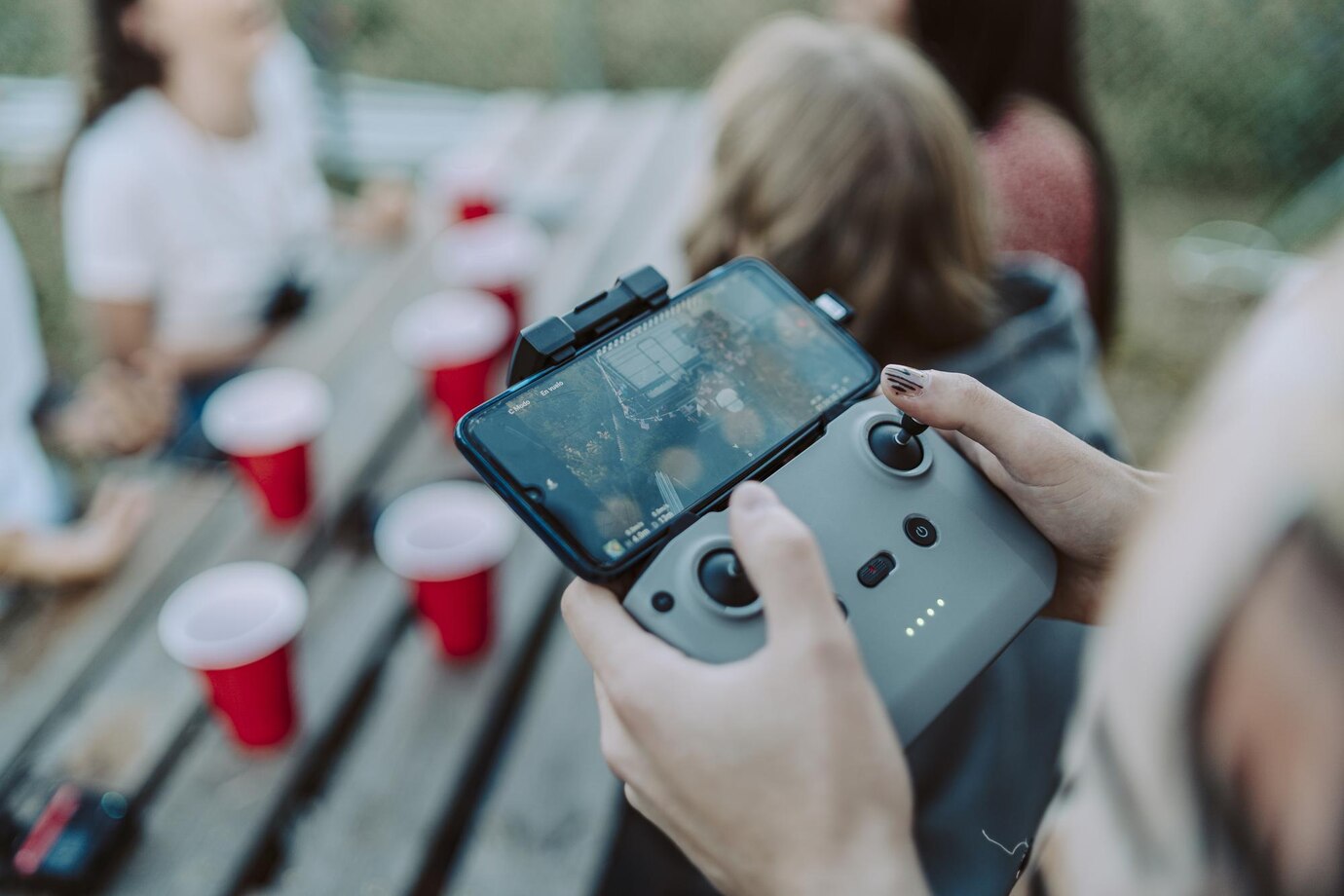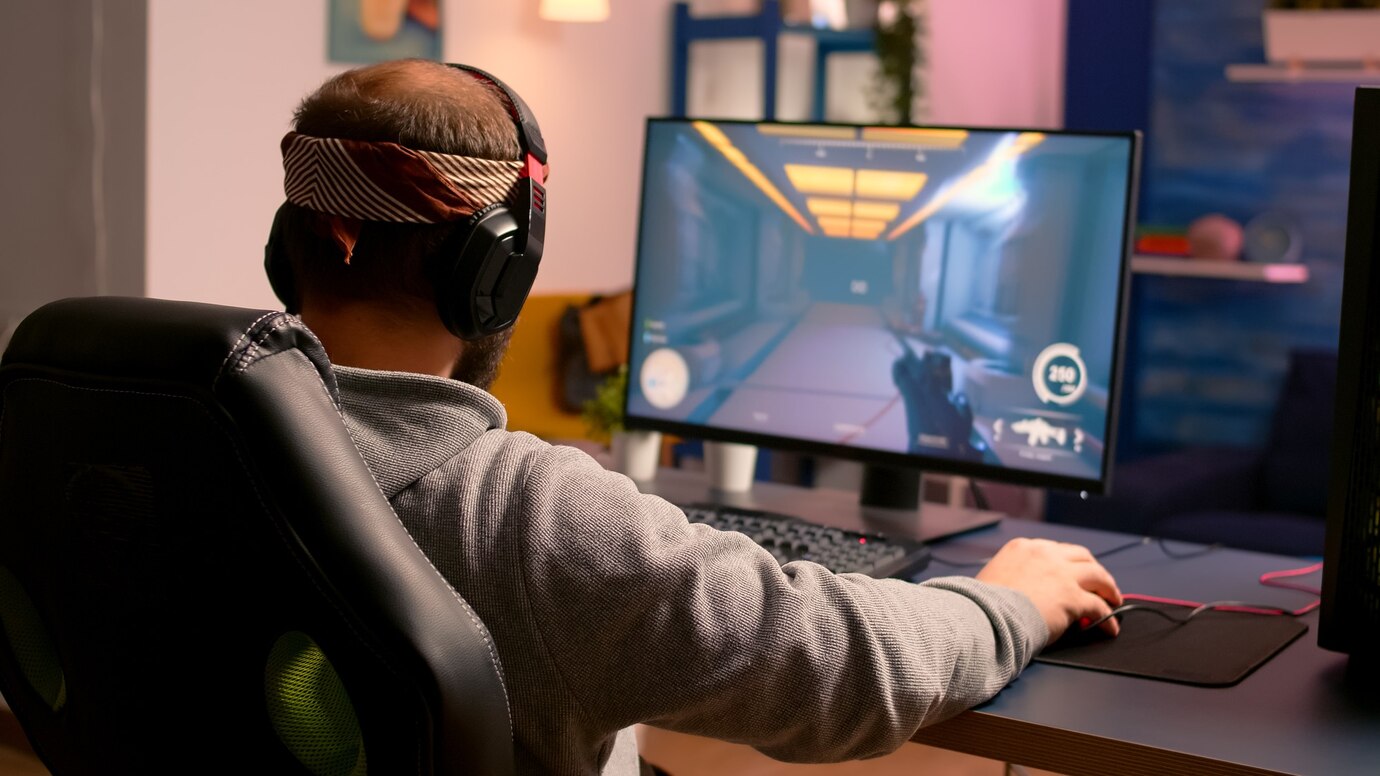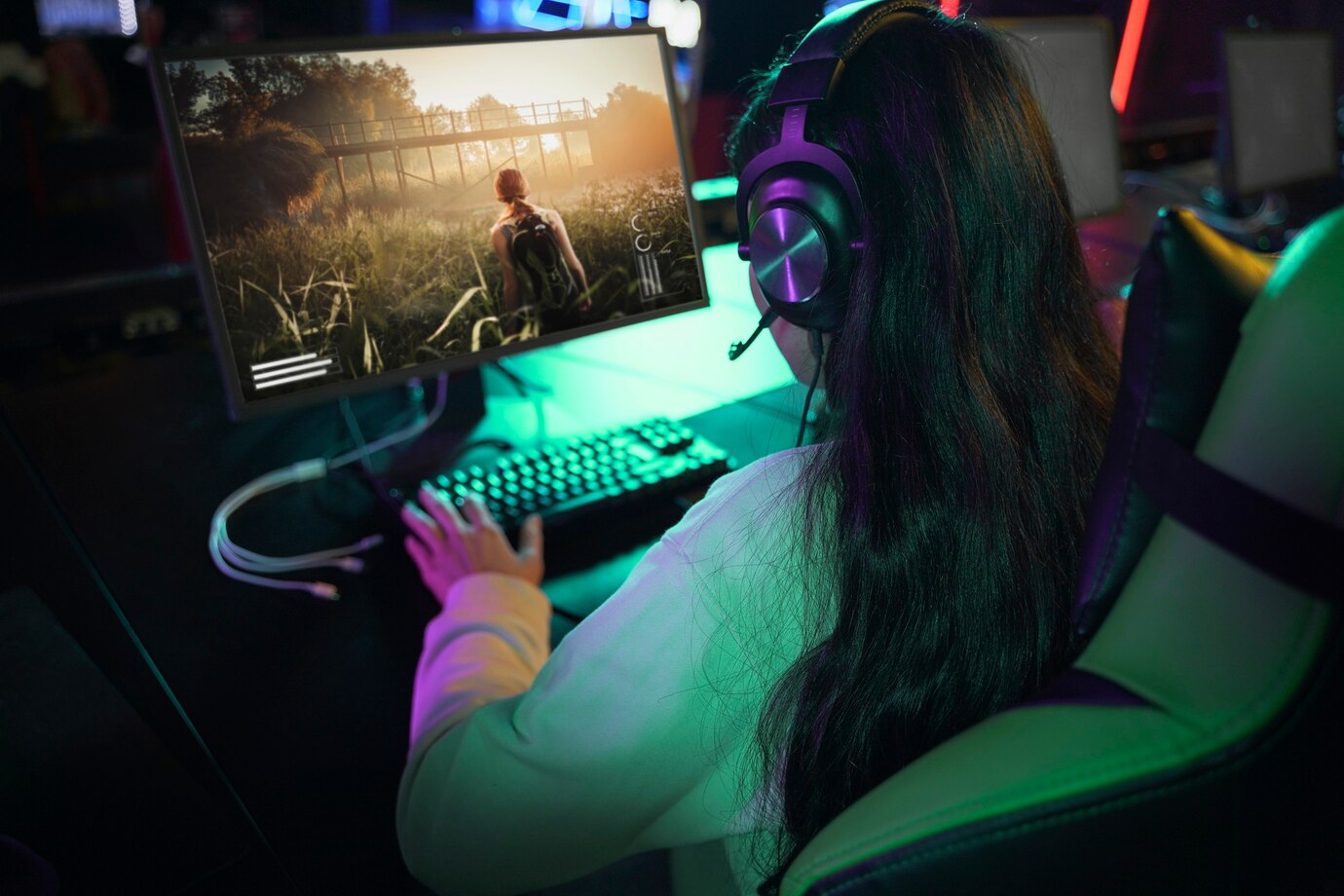How to Build a Mobile App for the Gaming Industry
In today’s fast-paced digital world, the gaming industry stands out as one of the most lucrative and dynamic sectors. With millions of gamers worldwide and a growing demand for engaging, interactive experiences, developing a mobile gaming app can be a highly rewarding venture. However, building a successful mobile app for the gaming industry requires careful planning, a skilled team of mobile app developers, and a deep understanding of user preferences.
Research and Concept Development

Before diving into development, the first step in building a mobile gaming app is to conduct thorough research. Understand your target audience by analyzing their demographics, preferences, and gaming behaviors. Are you aiming for casual gamers who enjoy simple puzzles, or are you targeting hardcore gamers who crave complex, strategy-based games?
Once you identify your audience, brainstorm unique game concepts. The gaming market is saturated, so your app needs a unique selling point (USP) to stand out. Whether it’s an innovative storyline, cutting-edge graphics, or a multiplayer mode, the concept must capture the players’ attention. Collaborate with mobile app developers and creative designers during this phase to refine the idea and ensure its feasibility.
Choosing the Right Platform

One critical decision is selecting the platform for your gaming app. The two primary options are iOS and Android, and each has its pros and cons. While iOS offers higher monetization opportunities due to its premium user base, Android provides a broader reach with its larger market share. If budget permits, developing a cross-platform app is an excellent choice, as it maximizes your audience.
Mobile app developers must also consider the hardware capabilities of these platforms. For instance, some high-end games may require advanced graphics and processing power, which might not be available on all devices. Ensuring compatibility and optimal performance across different devices is key to delivering a seamless gaming experience.
Game Design and User Experience

Game design is at the heart of any successful gaming app. The design should be visually appealing and immersive, capturing the essence of the game’s theme and storyline. Work with UI/UX experts to create intuitive navigation and controls that enhance user engagement.
Consistency in design elements such as color schemes, character designs, and animations can create a cohesive experience. Additionally, focus on sound design, as music and sound effects play a vital role in making the game more engaging. Mobile app developers can integrate these elements to ensure the game feels polished and professional.
Development and Testing

The development phase involves coding the game and integrating the design elements. Mobile app developers must choose the right game engine, such as Unity or Unreal Engine, based on the complexity of the app and the desired features. Unity is a popular choice for its flexibility and support for both 2D and 3D games, while Unreal Engine is ideal for high-quality, graphics-intensive games.
Collaborate closely with developers to ensure the app aligns with the original concept. This phase also involves integrating features like in-app purchases, leaderboards, and social sharing options to enhance user engagement and monetization opportunities.
Rigorous testing is crucial to identify and fix bugs before the app is launched. Testing should cover various aspects, including gameplay mechanics, performance on different devices, and user interactions. Beta testing with a small group of users can provide valuable feedback and help refine the game further.
Monetization Strategies

A robust monetization strategy is essential for the success of your gaming app. Options include in-app purchases, subscriptions, and advertisements. Freemium models, where the app is free to download but offers paid features, are highly popular in the gaming industry. Mobile app developers should ensure seamless integration of monetization features without disrupting the gaming experience.
Another effective strategy is to introduce limited-time offers, exclusive content, or premium memberships. These tactics not only generate revenue but also foster a sense of exclusivity and loyalty among players.
Marketing and Launch

The final step is to market and launch your gaming app effectively. Create a buzz before the launch through social media campaigns, trailers, and influencer collaborations. Utilize app store optimization (ASO) techniques to improve your app’s visibility in app stores.
Post-launch, gather user feedback and monitor performance metrics to identify areas for improvement. Regular updates with new levels, features, or events can keep players engaged and attract new users. Mobile app developers should work closely with marketing teams to ensure the app reaches its full potential.
Conclusion

Building a mobile app for the gaming industry is an exciting yet challenging endeavor. By focusing on research, design, development, and marketing, you can create a gaming app that not only stands out but also captivates users. Skilled mobile app developers play a crucial role in turning your vision into reality, ensuring the app is both functional and engaging. With the right approach and a commitment to quality, your gaming app can become the next big hit in the industry.






